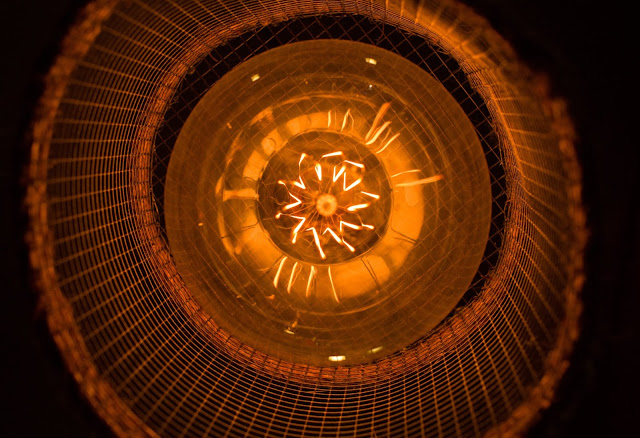One thing I hope to always do, though, is keep the lights on.
I have something that I ask for as a freelancer that can sometimes make people balk. It's what I call my "keep the lights on" (KTLO) arrangement. The "keep the lights on" arrangement is that upon contract sign, I get 25%-50% of my payment up front, invoiced and paid.
Not everyone can afford this, so I don't always get it, but that's okay. Those who can pay it most of the time, and it does what it says on the tin – it helps me keep the lights on. This arrangement has improved my work massively.
When a client is willing to sign onto this, it tells me:
- They have funds to pay
- They care for my wellbeing
- They trust that I will do the work
- They understand economic stress
This does mean we need to focus a little less on rush deadlines for projects, but that's just better for the whole damn thing.
Once I've accepted just a small like 15% up front payment to KTLO. It ended up paying for the additional cell data costs I had while working to meet the tighter deadline. It was a big help!
I used this model with the freelancers I hired for Behind the Masc and some expressed to me how helpful it was. It was a tiny payout, but even tiny amounts help when you're struggling, like most freelancers tend to be. It can be a doctor's copay. A meal. A grocery run. A haircut for a job interview. We should be thinking one step ahead of the encroaching poverty that threatens anyone without a reliable salary!
People do, in my experience, work better when they're fed. When they are less afraid of their electricity being turned off, or their water or heat. My hands certainly shake less when the temperature is above 50F in my house. I've been without various utilities, even briefly, and worrying about that is the worst.
I've implemented this with Turn, as well. Every freelancer for the project is receiving the KTLO agreement, unless they require otherwise (though so far it's all of them). For me, I feel better knowing they'll have some funds in their account over the holidays. For them, I know some may be in need, as is the way for freelancing!
With the Kickstarter funds, it was an easier choice to make. If you're working on a project that doesn't have a lot of up front capital, consider doing a small payment like I talked about earlier – the Behind the Masc 50% payout was $30 and still helped people make it through. Remember that this is as much about a show of faith in the freelancer as it is about their true financial situation, but that even the cost of a meal can be enough to keep someone going and keep them feeling enthused for the project – as well as committed to the work.
In my contracts, I don't typically have clauses that require someone to refund me the funds if they can't complete work. I do have a note that if they can't complete it, the remaining funds are forfeit, and any completed work that is usable gets turned over to me, maintaining their credit for the work. You might choose to do things differently, but this has worked for me. I've had people drop out before signing a contract, but not so far after.
It might sound like a weird way to make someone work, especially post-Daniel Pink's talk about how purpose, autonomy, and mastery are the real motivators for people doing brain work and often creative work. But, our economies are supporting that less, and creative work is constantly undervalued as hard work. So, give it a try, maybe.
Help someone keep their lights on. Goodness knows, we could use a little more light in this world.
Photos by and Copyright Brie Beau Sheldon.
Thoughty is supported by the community on patreon.com/thoughty. Tell your friends!
To leave some cash in the tip jar, go to http://paypal.me/thoughty.
If you'd like to be interviewed for Thoughty, or have a project featured, follow the instructions on the Contact page.







No comments:
Post a Comment